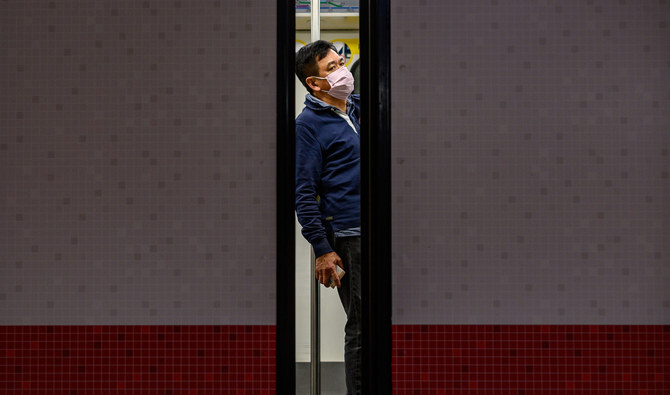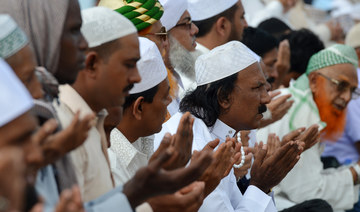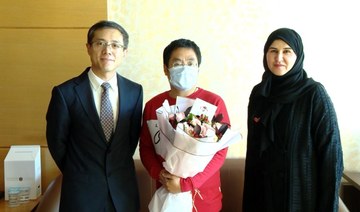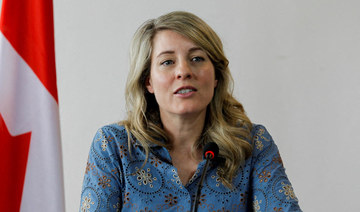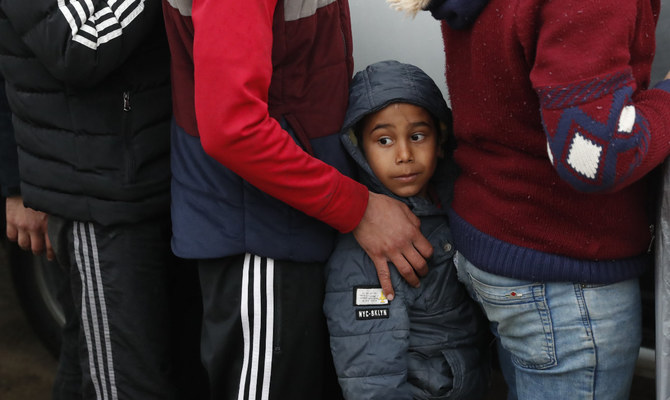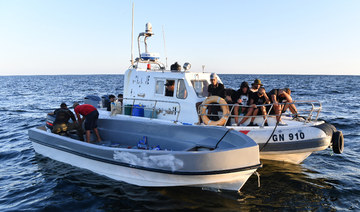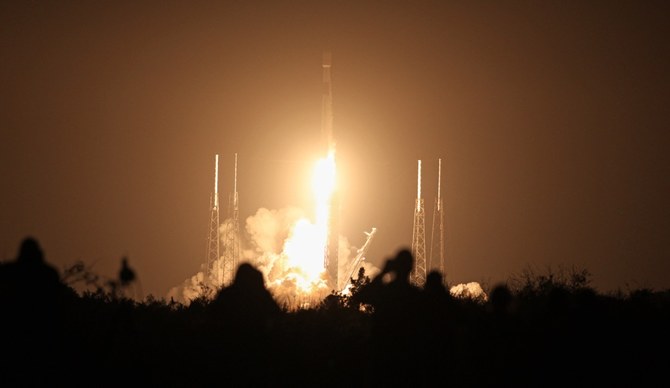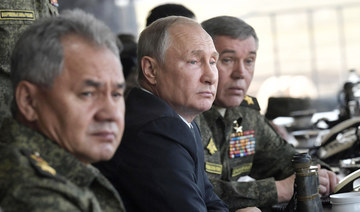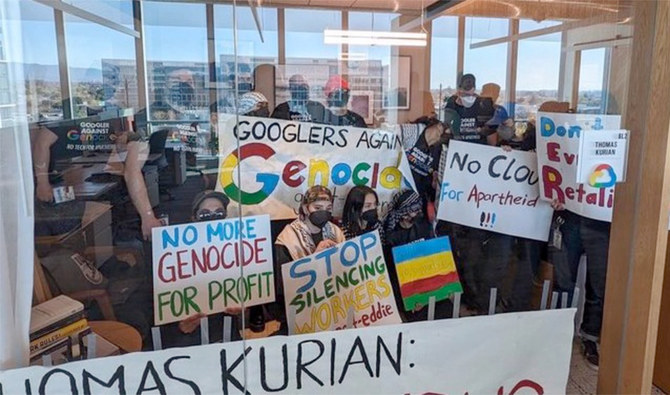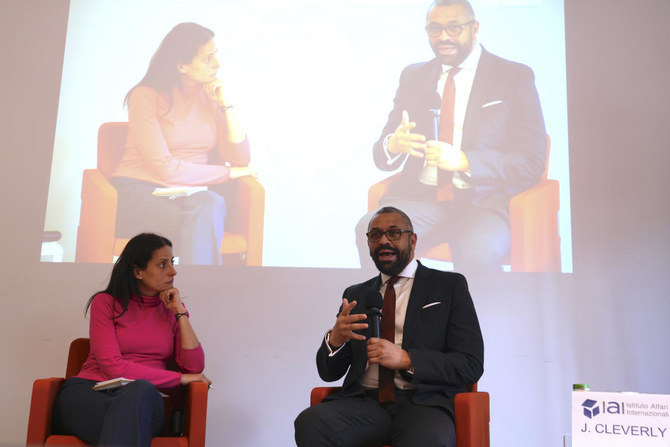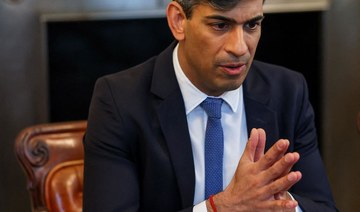BEIJING: The death toll from China’s new coronavirus epidemic jumped past 1,500 on Saturday but new infections fell following a mid-week surge caused by a change in the way cases are counted.
More than 66,000 people have now been infected in China from a virus that emerged in central Hubei province in December before spreading across the country a month later and causing global panic.
Some 1,700 medical workers have been infected, with six dying from the COVID-19 illness, officials said, underscoring the country’s struggle to contain the deepening health crisis.
Chinese President Xi Jinping acknowledged that the outbreak exposed “shortcomings” in the country’s health emergency response system.
Battling the outbreak is a “big test for the country’s governance system and governance ability,” Xi said as he chaired a political meeting on government reforms this week, according to state media.
Chinese authorities have placed some 56 million people in Hubei under quarantine, virtually sealing off the province from the rest of the country in an unprecedented effort to contain the virus.
A number of cities far from the epicenter have also imposed tough measures limiting the number of people who can leave their homes, while schools remain closed nationwide and many companies have encouraged employees to work from home.
Several countries have banned arrivals from China and major airlines have cut services with the country.
But the epidemic has continued to spread across China and hundreds of cases have emerged in more than two dozen countries.
In Singapore, which has 67 confirmed cases, the Roman Catholic Church said it was suspending all masses indefinitely to help prevent the spread of the virus and urged the faithful to follow services on YouTube or the radio.
The National Health Commission reported 143 new deaths on Saturday, with all but four in Hubei, raising the toll to 1,523.

The commission also reported 2,641 new cases of the COVID-19 strain, with the vast majority in Hubei.
The number, however, was almost half those reported the previous day.
The scale of the epidemic swelled this week after authorities in Hubei changed their criteria for counting cases, adding thousands of new patients to their tally.
Previously, they were counting only cases with a positive lab test result but are now also including those “clinically diagnosed” through lung imaging.
Officials said the change was necessary to ensure that patients get treated early amid reports of backlogs in lab tests.
The revision added nearly 15,000 patients to Hubei’s tally on Thursday, with the World Health Organization noting that cases going back weeks were retroactively counted.
“We’re seeking further clarity on how clinical diagnosis is being made to ensure other respiratory illnesses including influenza are not getting mixed into the COVID-19 data,” WHO chief Tedros Adhanom Ghebreyesus said Friday.
There were over 4,800 cases reported in Hubei on Friday and 2,420 on Saturday.
The number of new confirmed cases has been steadily falling outside Hubei, with 221 infections reported on Saturday.
A top Chinese scientist had predicted that the epidemic could peak by the end of this month after the number of new cases had fallen earlier in the week.
The WHO cautioned that it was “way too early” to make any predictions about the disease’s trajectory.
Authorities said Friday 1,716 medical workers have been infected during the outbreak, with six dying from the illness.
Most of the infections among health workers were in Hubei’s capital, Wuhan, where many have lacked proper masks and gear to protect themselves in hospitals dealing with a deluge of patients.
The grim figures come a week after grief and public anger erupted over the death of a whistleblowing doctor who had raised the alarm about the virus in December and been reprimanded and silenced by police in Wuhan.
The US government is preparing to evacuate American citizens aboard the Diamond Princess cruise ship, the site of the most coronavirus infections found outside China and currently quarantined off Japan, the Wall Street Journal reported.
About 380 people will be offered seats on two planes back to the United States and could arrive back home as early as Sunday, the newspaper said, adding that those with a fever, cough or other symptoms will not be allowed on the flights.
Evacuees will have additional health screenings in the United States and some will probably undergo a mandatory quarantine, which will likely be 14 days, Henry Walke, an official at the Centers for Disease Control and Prevention (CDC), was quoted as saying.




